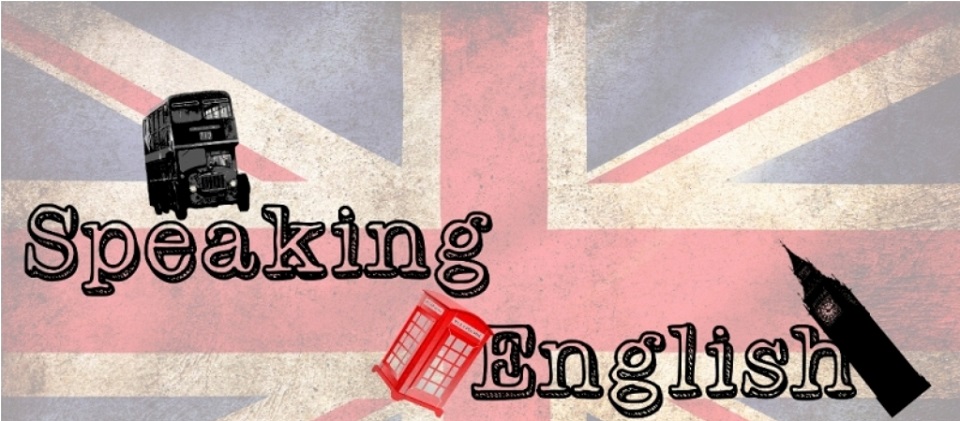By Elena Melitsopoulou
A great percentage of population worldwide believes in Conspiracy Theories and think of them as an accurate source of specific events. In particular, 50% of America’s citizens consider many popular theories to be true, even though there is no evidence of their very existence.
But what is a conspiracy theory? For those few of you who haven’t heard this term before, it is a belief that some covert but influential organization is responsible for a circumstance or event. For instance, one of the most noted theories is about the 9/11 collapse of the Twin Towers in Manhattan in 2001. According to this one, it is strongly suspected that the towers did not collapse due to the collision of two hijacked airliners, but because of bombs placed on the basements of the two buildings, either from al-Qaeda or even from the American government.
This theory and so many others were established in many peoples’ minds and had as a consequence credulity to root as a form of social behaviour. Referring to a recent survey of Time’s, about 42% of people without a high school education believe in at least one conspiracy theory, compared to 23% of people with a post-graduate degree. There is therefore a connection between conspiracy beliefs and educational levels.
Furthermore, belief in conspiracy theories is primarily driven by a constant urge to avoid uncertainty, something that we deeply despise. Forming conspiracy theories seems to be a coping mechanism to regain certainty or control, while conspiracy thinkers are often known to display negative emotions that result from over-analysis or paranoia. An experiment conducted by Galinsky, had as a result that conspiracy theories were fodder for people who also tended to find patterns in other areas of life, such as believing in superstitions and religious prophecies.
Another research by Lantian et al.’s (2017) examined the role of a person’s need for uniqueness and a belief of conspiracy theories, and found a correlation. Characteristically:
“We argue that people high in need for uniqueness should be more likely than others to endorse conspiracy beliefs because conspiracy theories represent the possession of unconventional and potentially scarce information. […] Moreover, conspiracy theories rely on narratives that refer to secret knowledge (Mason, 2002) or information, which, by definition, is not accessible to everyone, otherwise it would not be a secret and it would be a well-known fact.
People who believe in conspiracy theories can feel “special,” in a positive sense, because they may feel that they are more informed than others about important social and political events. […]
Our findings can also be connected to recent research demonstrating that individual narcissism, or a grandiose idea of the self, is positively related to belief in conspiracy theories. Interestingly, Cichocka et al. (2016) found that paranoid thought mediates the relationship between individual narcissism and conspiracy beliefs.”
Moulding et al. (2016) also dug into the characteristics of people who believe in conspiracy theories in two studies.
“It has been noted that individuals who endorse conspiracy theories are likely to be higher in powerlessness, social isolation and anomia, which is broadly defined as a subjective disengagement from social norms.
Such disengagement from the normative social order may result in greater conspiratorial thinking for a number of related reasons. First, individuals who feel alienated may consequently reject conventional explanations of events, as they reject the legitimacy of the source of these explanations. Due to these individuals feeling alienated from their peers, they may also turn to conspiracist groups for a sense of belonging and community, or to marginalised subcultures in which conspiracy theories are potentially more rife.
People who feel powerless may also endorse conspiracy theories as they also help the individual avoid blame for their predicament. In this sense, conspiracy theories give a sense of meaning and security over an unpredictable and dangerous world.”
Sometimes we shouldn’t ascribe the worst motives to people who believe in outlandish conspiracy theories. Sometimes, these motives may arise from the inability of people to accept, and process unpleasant facts. Inventing a story to explain the cause of a disagreeable event functions as a defence mechanism from actually coping with the specific tragedy or misfortune.
As a consequence of believing in conspiracy theories erodes people’s trust in their government, their leaders, and their institutions. It also diminishes trust in science and research itself. This distrust may discourage people from participating in their social worlds. It might also cause people to stop seeing themselves as valuable contributors to society.
Believing in things that are not true poses a number of dangers as well, which can have real effects that impact individual behaviour and ultimately have a ripple impact on society as a whole. Failing to address dangerous misbeliefs presents a potential danger to public health and even the political process itself. Faulty beliefs lead can lead people to not vaccinate, not vote, or, in some rare cases, even engage in dangerous or violent behaviour.
Ultimately, conspiracy theories aren’t going away, for as long as there are people who have a need to believe in them, they will continue to expand and thrive. People will only believe what they want to believe. Believing the truth may not be as much fun as believing myths, but it makes for a better mind — and a better culture, too.
References:




